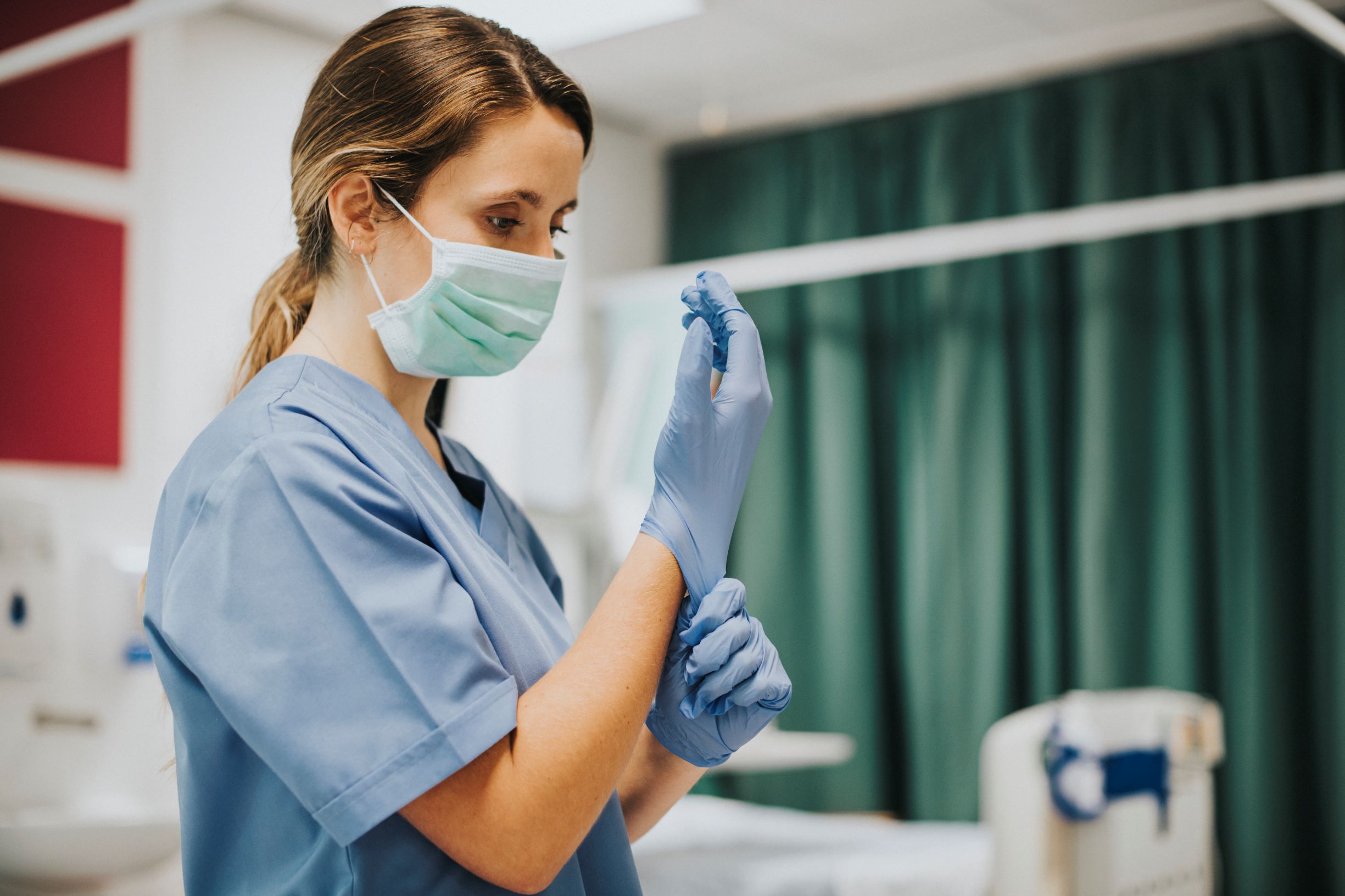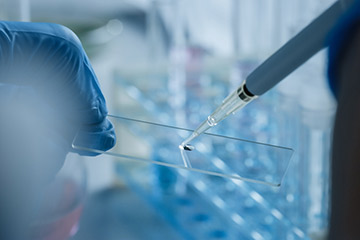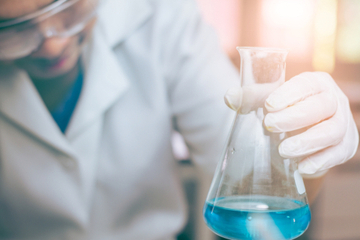The Court of Justice of the European Union upholds practices regarding parallel import of medicinal products
In this judgment of general public importance, the The Court of Justice of the European Union ("CJEU") established on 17 November 2022 that the Falsified Medicines Directive does not change CJEU practices on the parallel import of medicinal products. The CJEU has therefore overruled the Danish Medicines Agency and its guidelines requiring, as a general rule, that parallel-imported medicinal products must be repackaged into new outer packaging. Plesner assisted H. Lundbeck A/S in this case.
The case stems from a number of pending cases before the Maritime and Commercial High Court between pharmaceutical companies and parallel importers, where the Maritime and Commercial High Court has referred a number of questions to the CJEU for a preliminary ruling.
The main issue in these cases was whether the new rules relating to anti-tampering devices implemented by the so-called Falsified Medicines Directive entail that parallel importers in general have to repackage parallel-imported medicinal products into new outer packaging. The parallel importers believed that to be the case and they were supported by the Danish Medicines Agency, as the Agency had issued guidelines stipulating that the clear main rule was that parallel importers were not allowed to relabel products but had to repackage into new outer packaging.
However, the CJEU rejected this interpretation of the rules establishing the following main points:
- The current case law of the CJEU regarding repackaging of medicinal products is maintained. Parallel importers are thus only allowed to repackage in new external packaging if this is objectively necessary for effective access to the import market, and repackaging should be kept at a minimum. The rules on anti-tampering devices in the Falsified Medicines Directive do not change this, and the parallel importers are therefore obligated to relabel medicinal products and also to place new anti-tampering devices on the relabelled packaging.
- The guidelines of the Danish Medicines Agency about the main rule being that parallel importers have to repackage in new packaging, and exceptions only being made in extraordinary situations, are contrary to EU law.
- Parallel importers cannot refer to the Danish Medicines Agency's (unlawful) guidelines to justify that it is objectively necessary to repackage parallel-imported medicinal products.
- Even though parallel importers remove the trademark of the original manufacturer for the parallel import (so-called de-branding), the parallel importers are still using the original manufacturer's trademarks in connection with the parallel import.
- If the parallel importer only uses the product-specific trademark (product name), but is not using the trademark proprietor's other trademarks and/or other characteristic commercial indications (partial de-branding), it can harm the reputation of the trademark as well as its origin function. Trademark holders have been waiting for this clarification for a long time and it allows trademark holders to object to partial de-branding to a wider extent.
Consequently, parallel importers cannot repackage medicinal products into new outer packaging with reference to the rules on safety features on medicinal products, including national interpretations of these, without proving that the repackaging is objectively necessary. The original manufacturers of medicinal products have waited a long time for this very important decision.
The CJEU's judgment is generally in keeping with General Advocate M. Szpunar's opinion of 13 January 2022.
Plesner represented H. Lundbeck A/S in this case.







